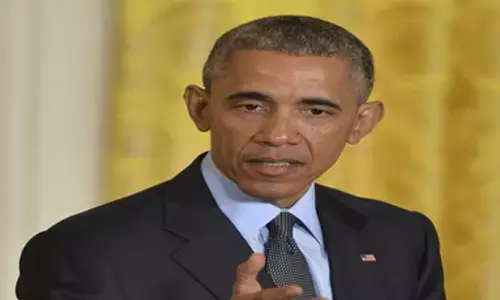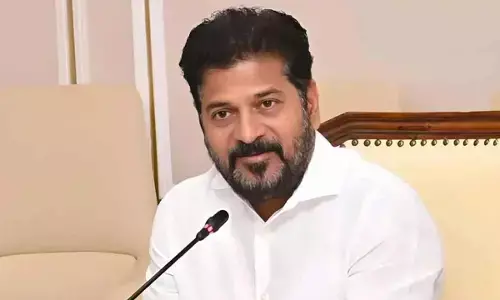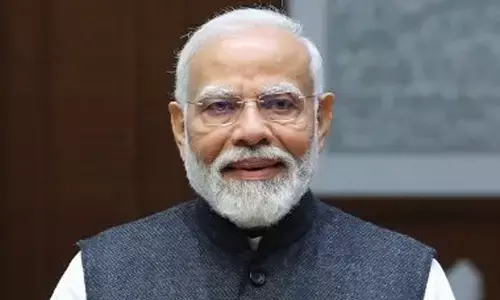Increasing reliance of UN on corporates

Increasing reliance of UN on corporates. The day after Sustainable Development Goals (SDGs) were adopted, discussions on the crucial question of funding these goals started.
The day after Sustainable Development Goals (SDGs) were adopted, discussions on the crucial question of funding these goals started. Business leaders pledged investments worth millions to boost gender equality as achieving it is one of the 17 SDGs that comprise the 2030 agenda. The funds would be used to close the deep financing gaps that hinder the progress of women and girls.

The pledges were made at a forum co-hosted with Alibaba Group and the Bill & Melinda Gates Foundation that pledged $ 5 million and $1 million respectively. Significant contributions were received from other institutions as well. Unilever, which has set for itself the goal of empowering five million women across the world by 2020, is extending support to promote economic opportunities for women, reduce unpaid care work and ensure the safety of women and girls.
“Gender equality also presents an enormous opportunity for economic and business growth. Addressing the barriers is not just the right thing to do; it must be a business priority,” said Paul Polman, the company’s CEO and recent winner of the UN’s top environmental prize for his role in advocating more sustainable business models.
Other organisations taking part in the event in support of UN Women are representatives of Coca-Cola, Cisco, Infosys, Itaipu, MasterCard, H&M, Citibank, State Bank of India, Ford Foundation, General Electric Foundation and Nigeria-based Dangote Foundation. However, unfortunately involvement of the industry in the work of United Nations (UN) is looked at with suspicion.
A new report published by the Global Policy Forum has warned that the UN is becoming increasingly dependent on corporate fundings and private partnerships in the face of inter-governmental policy impasse. This, according to authors of the report, obfuscates the UN’s model for public welfare and development.
The report cites changing funding patterns of the UN and its funds, programmes and agencies to demonstrate the inadequacy of UN’s financial capacity to undertake global problems, its increasing reliance on corporate partners and the trend of outsourcing funding and decision-making to exclusive global partnerships.
According to the report, “In contrast to the mounting global problems faced by the UN and its expanding responsibilities and mandates, public funding flowing to the organisation’s programmes, funds and specialised agencies has failed to keep (up) pace.” The report continues stating, “The UN has remained notoriously underfunded and has had to tackle repeated financial crises.
In 2013, funding of all UN system-wide activities reached US $42.6 billion. While at first glance around US $40 billion per year may seem to be a substantial sum, in reality the overall budget of the whole UN system is smaller than the budget of New York City (US $68.5 bn in FY 2012–2013), less than a quarter of the budget of the European Union (US $180 bn in 2013), and only 2.3 per cent of the world’s military expenditures (US $1,747 bn in 2013).
The structural underfunding of the UN system and its dependence on a limited number of donors has led the UN to search for new funding sources, particularly in the private and business sector.” It goes on to train the spotlight on financial underpinnings of UN funds such as the UN Fund for International Partnerships, UN Global Compact and the UN Capital Development Fund as well as agencies such as the World Health Organization to highlight the growing share of private wealth and the increasing corporate influence in the functioning of the UN and its affiliated bodies.
The report provides extensive details of the UN’s current funding trends and concludes with a policy recommendations to challenge the UN’s current “business model” of global governance with one that is more democratic and inclusive. “For millions of patients around the world, India is a life-line for medicines,” said Shiba Phurailatpam, regional co-ordinator of the Asia-Pacific Network of People living with HIV/AIDS.
There is relentless pressure of big pharma and the resulting pressure from the US gvernment may push the Indian government to compromise on its long-held position on supporting and promoting generic production of medicines.











